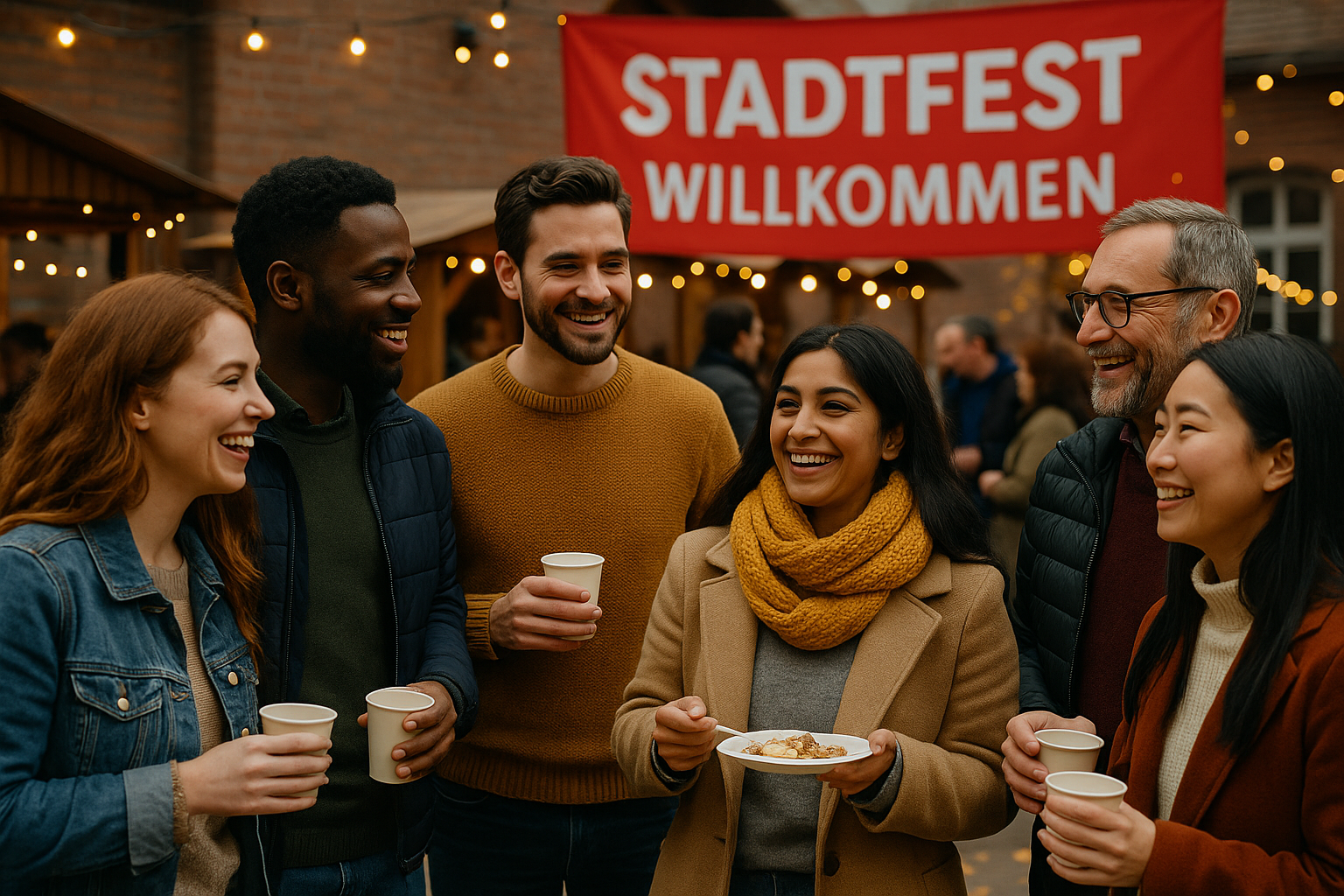Cultural Integration Guide For Germany #
Integrating into a new culture isn’t instant, it takes time, patience, and a willingness to grow. In Germany, countless opportunities exist to connect with people, explore local customs, and build a life that feels truly your own. This guide is here to walk you through the journey step by step focusing on community, language, and everyday cultural connection.
Understanding the Journey #
But first, let’s be honest:
- It’s normal to feel lonely at the beginning.
- Whether you’ve landed in Berlin, Munich, Hamburg, or a quiet village, adjusting to a new environment can be overwhelming.
- Your first friendships may be with fellow newcomers, many of whom are also in transition.
- German social life might feel reserved at first.
It does get easier. With consistency and curiosity, you’ll begin to create your own rhythm meeting people, discovering new interests, and building a community that feels like home.
Step-by-Step Guide to Cultural Integration #
1. Find Your Community #
Start with people. Find groups that reflect your interests.
- Meetup.com – Hobby groups, language meetups, walks, coding clubs
- Facebook Groups – Search: YourCity + Expats, Internationals, Events
- Nebenan.de – A German-language app to connect with neighbors locally
- Bumble BFF / Spontacts – Apps for making platonic connections
Tip: Don’t wait to speak perfect German—join anyway. Most people are open to beginners.

2. Attend Events & Festivals #
Festivals are a fun, low-pressure way to meet locals and understand the culture.
| Month | Events & Ideas |
|---|---|
| January – February | Fasching (Carnival), indoor social groups |
| March – April | Easter Markets, Spring language courses |
| May – June | Open-air concerts, street festivals |
| July – August | Pride Parades (CSD), film festivals, picnics |
| September – October | Oktoberfest, food & harvest fairs |
| November – December | Christmas Markets, cozy indoor meetups |
Where to look:
- Eventbrite.de
- City websites (e.g., muenchen.de, hamburg.de)
- Posters in cafés, libraries, or town halls
3. Learn the Language (Step by Step) #
German isn’t easy but it opens doors. You don’t need fluency to connect, but basic skills help break down social and emotional barriers.
- Volkshochschule (VHS) – Affordable, government-supported courses
- Tandem App / HelloTalk – Language exchange with real people
- Goethe-Institut – High-quality language + cultural courses
Start early. Some courses fill fast. You can also try YouTube or free apps like Duolingo as a starting point.
4. Volunteer & Join Community Life #
Helping others builds confidence, skills, and local friendships.
- Vostel.de – Volunteer opportunities in English & German
- Give Something Back to Berlin – Multicultural community engagement
- Local food banks, shelters, or refugee support centers
Ask at your Bürgeramt (town hall) or library for local opportunities.
5. Explore Your Neighborhood #
Every city or town has its own rhythm. Whether you’re in a small village or a big city:
- Attend town hall events, neighborhood flea markets, or Stadtfeste
- Visit libraries and cultural centers—many offer free or low-cost events
- Check museum free days, walking tours, or public lectures
Many cultural spaces don’t require German fluency. Show up, observe, enjoy.
Final Words: You Belong Here #
Integration is not about perfection, it’s about participation.
You will have slow days. Some events will feel awkward. But over time, your community will grow. You’ll celebrate your first German Christmas market, get invited to a dinner, or even host your own cultural dish night.
Rahnumaa exists so you don’t walk this path alone.
Leave your comment